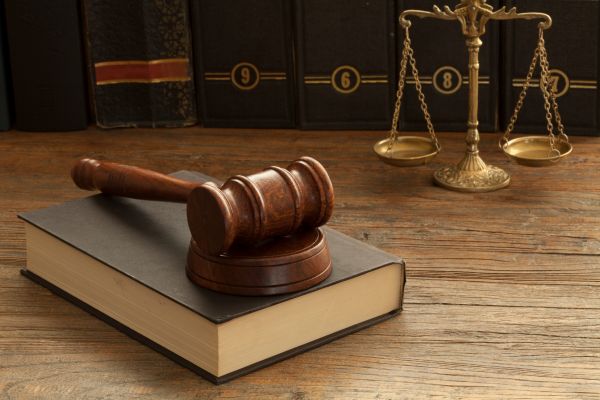The Multi-Faceted Legal Quandary of Music Ownership
Introduction The evolution of music as an artistic expression is profound, yet legal frameworks often fail to keep pace with creative innovation. When music is treated as property, creativity, ownership,







